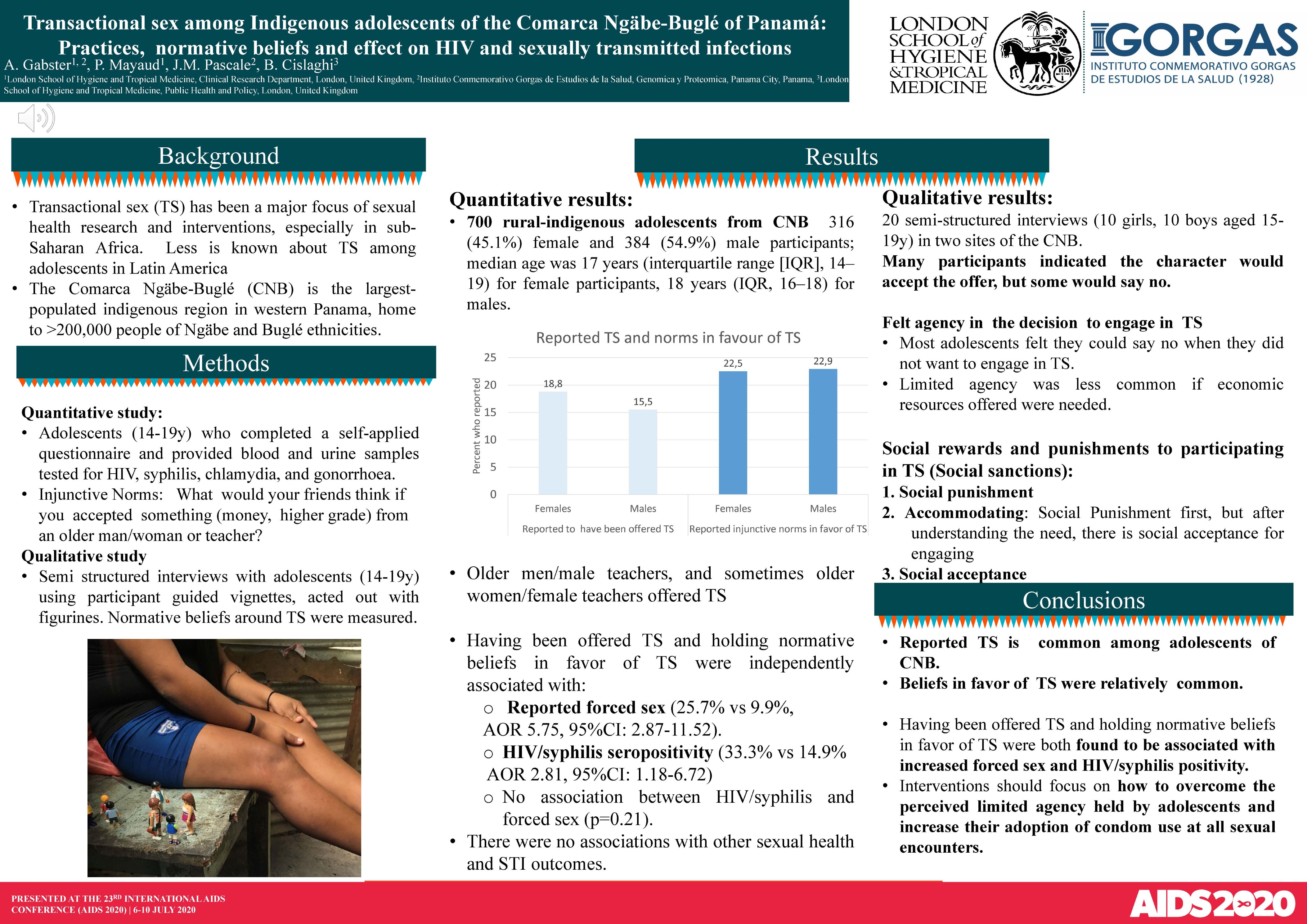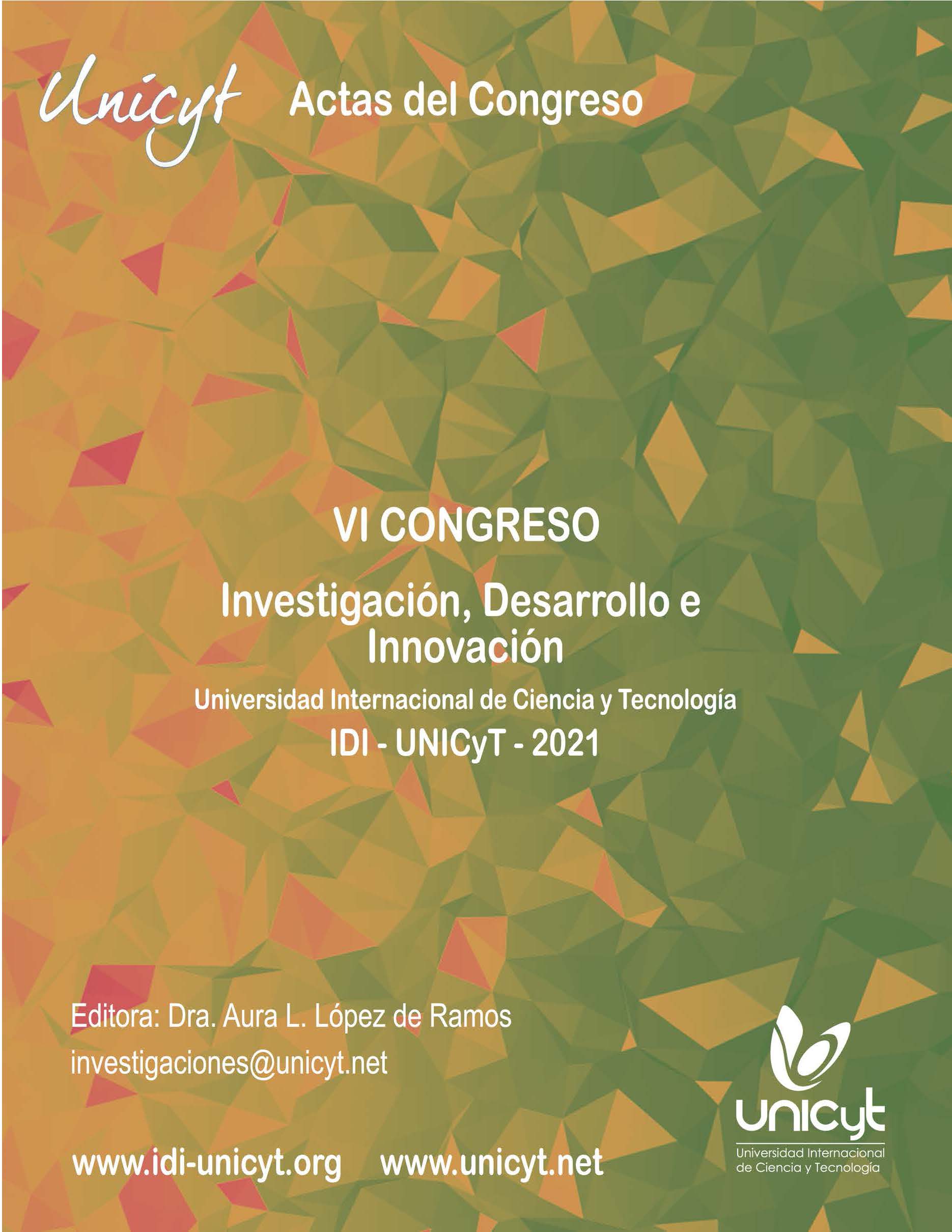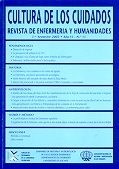Resumen
BACKGROUND: Transactional sex (TS) has been a major focus of sexual health research and interventions, especially among young women in sub-Saharan Africa. The Comarca Ngäbe-Buglé (CNB) is the largest-populated indigenous region in western Panama, home to people of Ngäbe and Buglé ethnicities. Currently, few data focus on TS practices and normative beliefs among Indigenous adolescents in the Americas, and implications for HIV and sexually transmitted infection (STI) risk. METHODS: We conducted a mixed-methods study between January and November 2018, which consisted of the inclusion of 700 school-going adolescents (14-19y) who completed a self-applied questionnaire and provided blood and urine samples tested for HIV, syphilis, chlamydia, and gonorrhoea. Additionally, we performed 20 semi-structured in two sites of the CNB with adolescents, using participant guided vignettes to elicit descriptive and injunctive norms around transactional sex in the CNB. RESULTS: In both the qualitative and the quantitative study, we found that having been offered TS was frequently reported by male (15.5%) and female (18.8%) adolescents. People offering TS were reported to be older men/male teachers, and less often, older women/female teachers. Household-level economic indicators were not associated with TS. Normative beliefs were found to be generally accepting of TS among both male and female participants. Having been offered TS and holding normative beliefs in favor of TS were associated with reported forced sex in both sexes and increased HIV/syphilis seropositivity in males. There were no associations with other reproductive and STI outcomes. In the qualitative study, we found that participants generally felt adolescents held agency in deciding to engage in TS, except when there is a great need for the item offered.
CONCLUSIONS: TS is common among Indigenous adolescents of CNB, and normative beliefs of the behavior are generally positive. However, having been offered TS was associated with negative outcomes such as increased reported forced sex and HIV/syphilis seropositivity. Interventions should not necessarily just focus on eliminating the transactional component of sexual encounters, but also overcome the perceived limited agency held by adolescents and increase their adoption of condom use at all sexual encounters.






